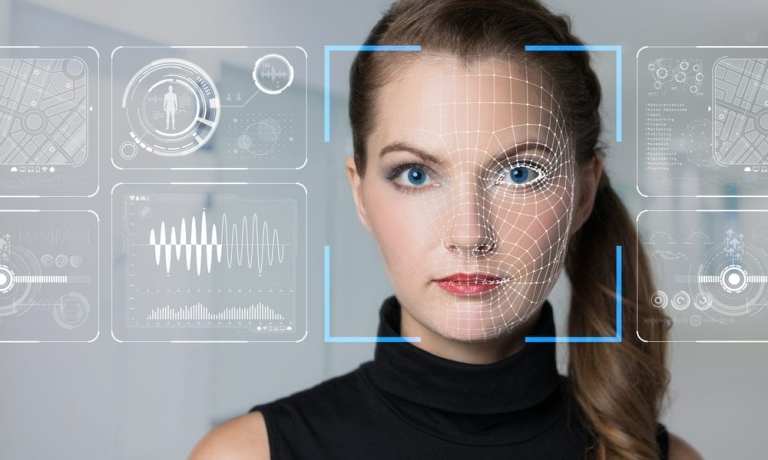
The Government Accountability Office (GAO) and members of congress say the FBI’s use of facial recognition technology isn’t private or accurate enough, according to a report by VentureBeat.
The FBI began using the software in 2011, and it first became fully operational in September of 2015. The GAO released a report today (June 4) saying the bureau is not complying with five of six recommendations it made, which involve assessing the accuracy of the database of drivers’ licenses, mugshots and other identifying photos supplied to the FBI by at least 20 states.
The GAO initially asked the FBI to improve its Next Generation Identification Interstate Photo System (NGI-IPS) in May of 2016. Also, a group of senators sent the FBI a letter last year addressing the importance of regular audits.
“In May 2016, GAO found that the the Department of Justice (DOJ) and the Federal Bureau of Investigation (FBI) could improve transparency and oversight to better safeguard privacy and had limited information on accuracy of its face recognition technology,” the GAO report said. “GAO made six recommendations to address these issues. As of May 2019, DOJ and the FBI had taken some actions to address three recommendations — one of which the FBI has fully implemented—but has not taken any actions on the other three.”
Audits to oversee the use of the technology by state and local law enforcement were completed last week.
“The information that the FBI is using — that information needs to be accurate, especially if they’re using it for the criminal investigations,” GAO Homeland Security and Justice Division Director Dr. Gretta Goodwin said. “This technology is not going away, and it’s only going to grow.”
The FBI has access to photos of around 641 million citizens, most of whom have never committed a crime. The images are from drivers’ license, passport and mugshot databases.